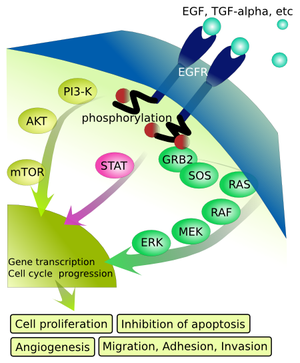Talking About Physician Burnout, and Changing the System
With many difficult situations, the first step in solving a problem is in acknowledging it exists. After that, you can understand it and, hopefully, fix it. Our health care system now, as it functions in most academic medical centers and dollar-strapped hospitals, doesn’t give doctors much of a break, or slack, or “joy,” as…





